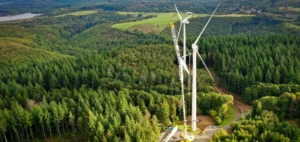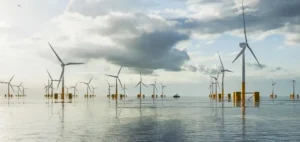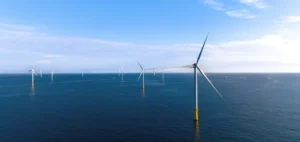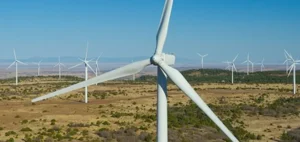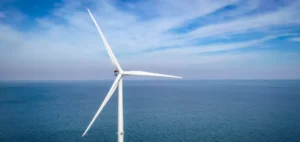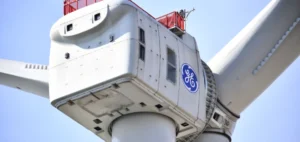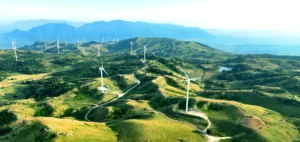Repsol Ibereólica Renovables Chile has announced the commissioning of the Atacama wind farm, the second wind project developed jointly by Repsol and the Ibereólica Renovables group. The wind farm, located in the Chilean region of Atacama, has an installed capacity of 165.3 MW, with 29 Nordex N163 wind turbines of 5.7 MW.
Renewable energy production of 450 GWh per year
The Atacama wind farm will produce more than 450 GWh of clean energy per year, equivalent to the average annual consumption of 150,000 homes. The project will also avoid more than 320,000 tons of CO2 emissions into the atmosphere per year. The two companies signed a 14-year power purchase agreement before construction began, guaranteeing a double-digit return on this renewable energy asset.
Another step towards the decarbonization of the Chilean energy system
João Paulo Costeira, Repsol’s general manager of low-carbon production, said the commissioning of the Atacama wind farm will allow Repsol to achieve its growth and diversification objectives in Chile, a country with great potential for asset development. In addition, Gregorio Álvarez, founder and president of Grupo Ibereólica Renovables, added that the Atacama wind farm reinforces their joint commitment with Repsol to the decarbonization of the Chilean energy system, with 358 MW of wind power built and already in operation in the country.
Repsol on track to achieve net zero emissions by 2050
Repsol maintains its roadmap to achieve its decarbonization goals and become a net zero emissions company by 2050. The current portfolio of installed renewable energy projects amounts to more than 1,800 MW, including 1,600 MW in Spain, 62.5 MW in the United States and 3 MW from the WindFloat Atlantic floating wind farm in Portugal. Repsol’s goal is to reach an installed renewable generation capacity of 6 GW by 2025 and 20 GW by 2030.













